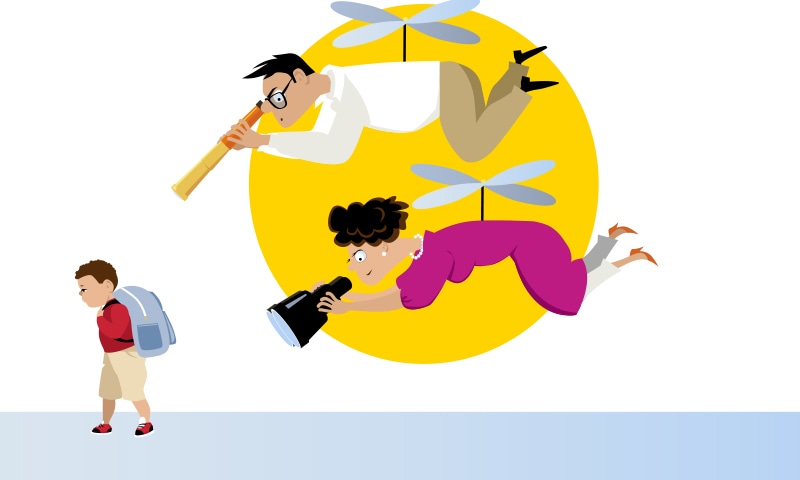As single parents, the instinct to protect our children is strong—perhaps even more so when we’re the sole provider of their emotional and physical well-being. We want to shield them from harm, ensure their success, and smooth out life’s inevitable rough patches. But in our effort to protect, are we overprotecting? Is helicopter parenting holding your child back from developing the independence and resilience they’ll need to thrive in the world?
Understanding Helicopter Parenting
Helicopter parenting, characterized by an over-involvement in a child’s life, can manifest in various ways—from micromanaging their daily activities to intervening in their social interactions or shielding them from every disappointment. While it’s natural to want the best for our children, this overbearing approach can inadvertently stunt their development. Instead of fostering independence, we might be creating an environment where they struggle to solve problems, make decisions, or cope with failure.
The Impact on Your Child
Children of helicopter parents often miss out on essential life experiences. They may lack the opportunity to build resilience, learn from mistakes, or develop critical problem-solving skills. Over time, they can become dependent on others to manage their lives, leading to anxiety, low self-esteem, and a fear of taking risks. These children might excel academically due to constant supervision, but they may struggle with the challenges of adulthood, where self-sufficiency and adaptability are key.
Striking the Right Balance
The challenge for single parents is finding the balance between providing support and allowing independence. Here are some strategies to help you navigate this delicate line:
- Encourage Problem-Solving: When your child faces a challenge, resist the urge to step in immediately. Instead, guide them through the process of finding a solution. Ask open-ended questions that prompt them to think critically about their options.
- Set Boundaries, Not Barriers: Establish clear expectations and consequences, but allow your child the freedom to make their own decisions within those boundaries. This approach helps them understand responsibility and accountability.
- Foster Independence Gradually: Start with small tasks that your child can manage on their own, such as choosing their clothes, packing their lunch, or managing their homework. Gradually increase the complexity of these tasks as they grow older.
- Embrace Mistakes as Learning Opportunities: Help your child see that mistakes are a natural part of learning. Encourage them to reflect on what went wrong and what they can do differently next time.
- Model Resilience: Show your child how you handle setbacks and disappointments. Your response to challenges can teach them valuable lessons about perseverance and adaptability.
Resources for Further Reading
- “The Gift of Failure” by Jessica Lahey: This book provides insights into how letting children fail can help them succeed in the long run.
- “How to Raise an Adult” by Julie Lythcott-Haims: The author discusses the dangers of overparenting and offers practical advice on how to foster independence.
- Child Mind Institute’s Guide on Parenting: This resource offers tips on how to support your child’s mental health while encouraging their independence.
Conclusion
As single parents, our protective instincts are natural and often beneficial. But it’s important to remember that our ultimate goal is to prepare our children for a life beyond our care. By finding the right balance between support and independence, we can help them develop the resilience and confidence they’ll need to navigate the world on their own.
For more tips and insights, check out our latest video, where we explore this topic in depth. Together, let’s empower our children to spread their wings—without holding them back.



